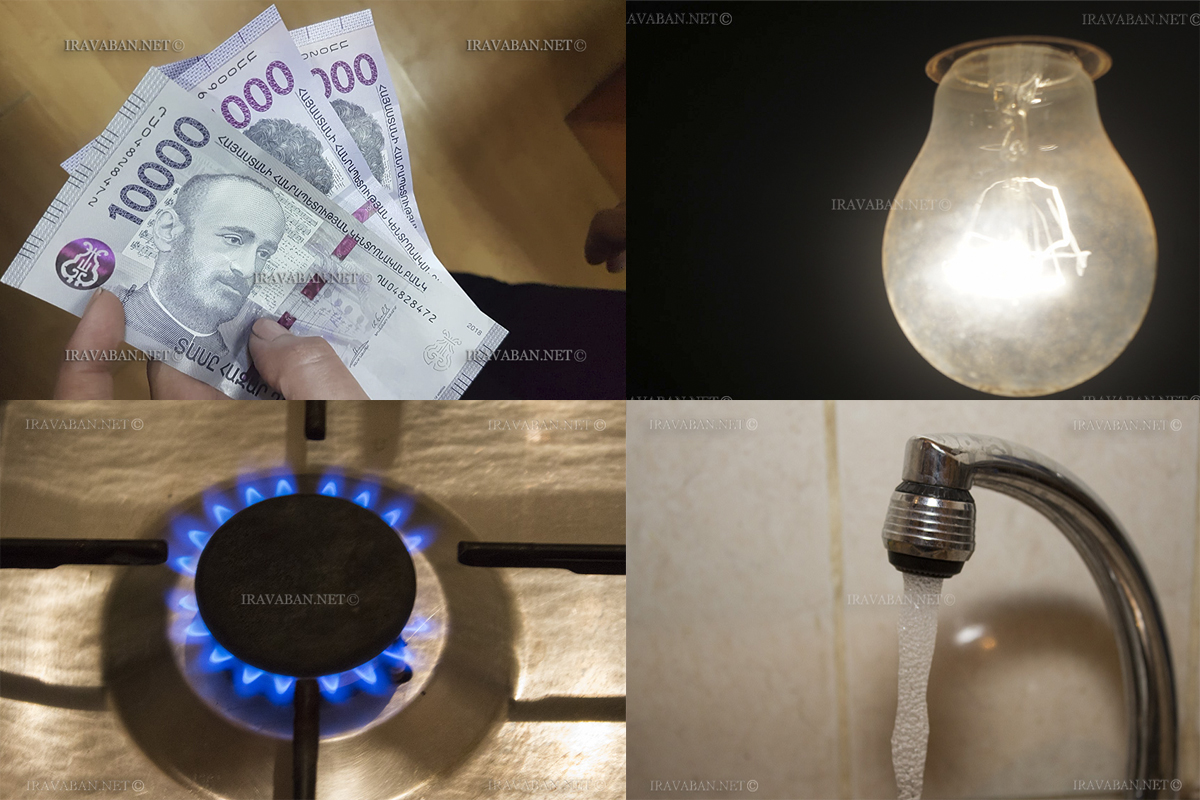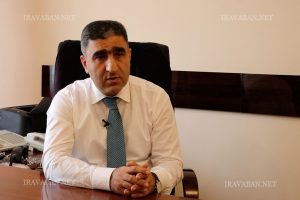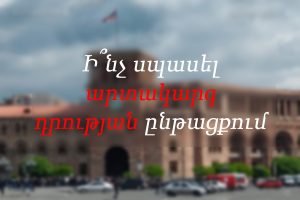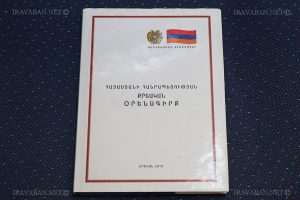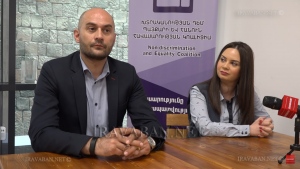The Public Services Regulatory Commission issued a statement on 25 March stating that given Armenia’s declared state of emergency due to the spread of coronavirus disease (COVID-19), it has been recognized as an obstacle to the payment of electricity, natural gas and drinking water supplies to the population force majeure.
“Under such conditions, supply companies, in accordance with relevant consumer agreements, are not entitled to terminate their electricity, gas and drinking water supply in the event of non-payment by their subscribers,” the statement said.
Syuzanna Soghomonyan, a lawyer at the Armenian Lawyers’ Association, said in an interview to Iravaban.net that force majeure provisions on payment terms for utilities,

Syuzanna Soghomonyan, ALA Lawyer
loans and other monetary obligations should be set out in the contracts between the company and the citizens. “In this case, the parties shall be exempt from liability for failure to fulfill their obligations on time.”
According to her, in any particular case it is necessary to present the circumstances that impede the fulfillment of the obligation. “In the current state of emergency, such as restrictions on the right to free movement, lack of a stable income due to not working these days, having no other means of payment, such as access to e-banking or other money transfer systems, and other objective circumstances.” – notes the lawyer.
Syuzanna Soghomonyan also notes that penalties and fines may be applied in case of non-payment, which is defined by the Civil Code, according to which the maximum annual penalty amount may not exceed four times the bank interest rate established by the Central Bank of Armenia unless otherwise provided. by law. The sum of all penalties specified in the contract may not exceed the principal amount of the debt currently outstanding.
The court or financial system mediator shall, at the request of the debtor, reduce the amount of the penalty determined by the payable or paid if the penalty is manifestly disproportionate to the consequences of the breach of the obligation and the proper performance of the obligation has been impossible as a result of an insurmountable force, and the law or contract does not relieve the insolvency of liability.
As to the timing of payments, the lawyer notes that they may be different for different services, the timing of contracts with companies and the agreement reached between the parties should be examined.
It should also be added that on 31March, the RA Deputy Prime Minister, Commandant Tigran Avinyan stated at a press conference that PSRC had already discussed with ENA, Veolia Water Company and GazpromArmenia and some payment solutions would be given. “We have launched all electronic platforms and if individuals are still willing to make payments, I would urge them to do so electronically and once again urge everyone to limit their exit from home as much as possible,” Avinyan said.
The Public Services Regulatory Commission also says that not interrupting providing utilities does not relieve consumers of their obligations to pay for electricity, natural gas and potable water.
Alisa Chilingaryan

